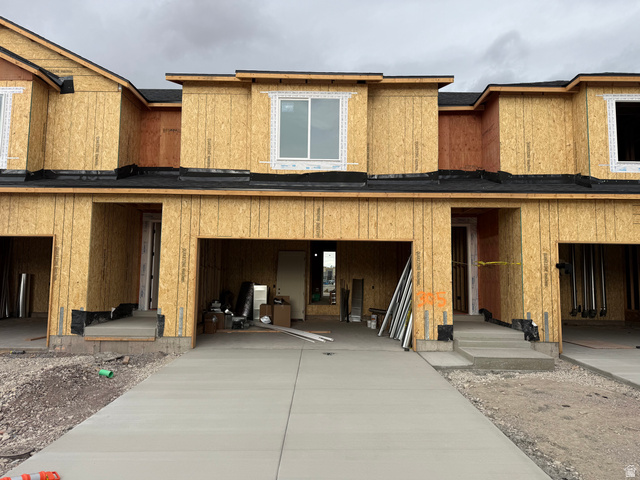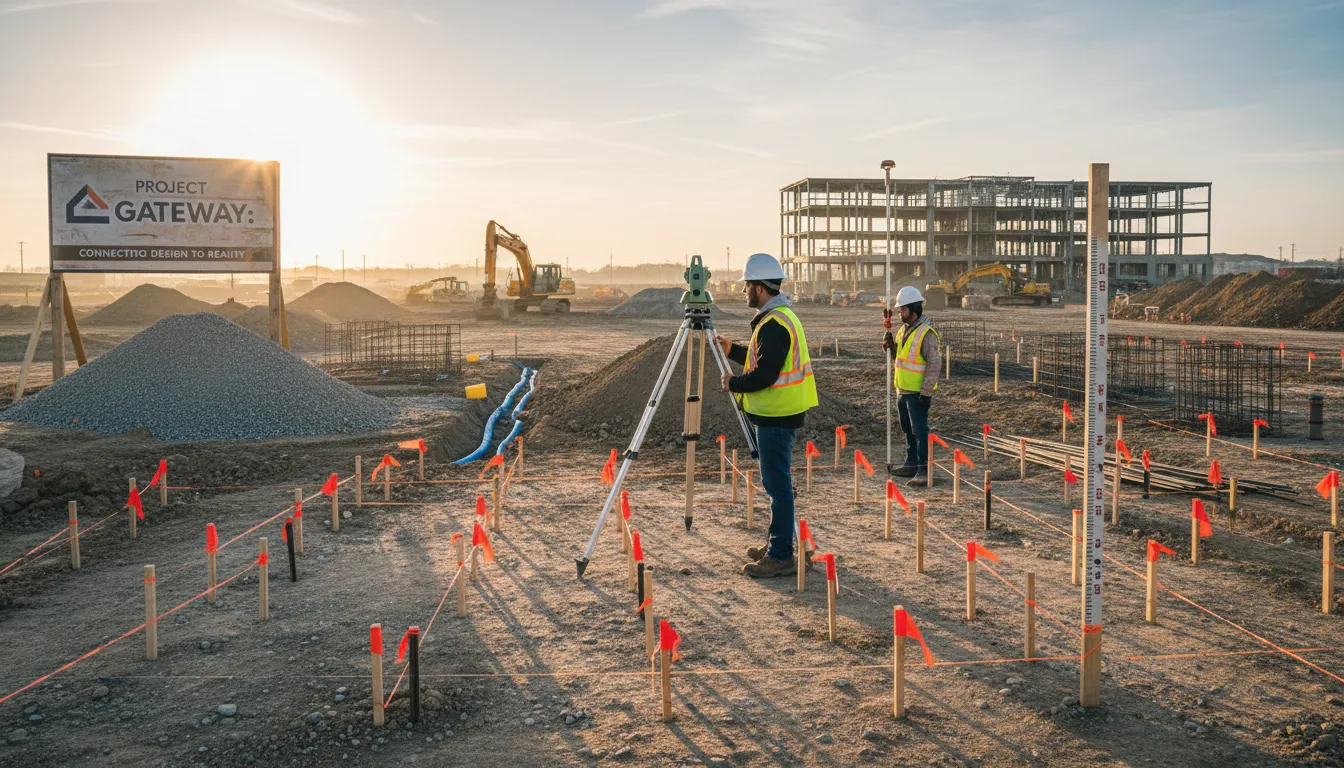
Buying a home is as exciting as it is stressful. For some, whether they could ever achieve this cornerstone of the American Dream is to be determined. So, when is the right time to enter the housing market? Here are a few things to keep in mind.
When Should Buyers Enter the Housing Market?
Current home buyers are wary about pursuing homeownership, and rightfully so. Housing trends are costly and unpredictable, while mortgage rates remain high. However, while you may think waiting to see which way the wind blows is best, the sooner you buy something, the sooner you can build equity in it.
According to Compass broker Stacey Froelich, you can't predict how the market will turn. Rather than miss out on a lucrative long-term investment opportunity, you should dive in head-first.
Of course, several variables still need to fall into place to buy a house. For example, if you're financially stable, have excellent credit and have saved enough money for a down payment, you can be ready anytime.
5 Market Conditions to Consider When Buying a House
Impulsively buying a house may not be the best strategy in this market. Instead, buyers should take a more careful approach while remembering the following factors.
- Timing
Experts say spring is the best time to look for a house. Although home prices may be higher, there tends to be more inventory. Of course, families are often eager to find a home before the next school year, which increases competition and bidding wars.
Conversely, winter months usually have lower inventory with less expensive listings. Inspections and closings also tend to move along much faster. If you can wait until late August or the fall, you may find better deals as eager sellers start lowering listing prices.
Explore Utah Real Estate

83 W 850 S, Centerville, UT
$815,000
Bedrooms: 5 Bathrooms: 3 Square feet: 3,999 sqft

653 E RYEGRASS DR #305, Eagle Mountain, UT
$387,900
Bedrooms: 3 Bathrooms: 3 Square feet: 1,985 sqft

2031 N LAVA ROCK CIR #107, St George, UT
$4,185,000
Bedrooms: 4 Bathrooms: 5 Square feet: 5,404 sqft
Don't be alarmed if a house has sat for months, either. If you're open to seeing it, it could be the one.
- Mortgage Rates
Mortgage rates have fallen from their nearly 8% high a year ago and continue to decrease throughout 2024. According to Freddie Mac, the weekly average for 30-year-fixed mortgage rates was 6.46% as of August 22, 2024. If you've been waiting for a downward trend, this could indicate the right market conditions. You can always refinance when they drop even more.
You must consider long-term payments, though — are you ready for them? If you're unable to pay your mortgage, your house could enter foreclosure. However, your loan servicer will call you after you miss your first payment to discuss loss mitigation and find a possible solution.
- Market Trends
Market trends point to higher home prices in 2024. According to Zillow, the average home costs $362,481 — a 3.3% year-over-year increase. Meanwhile, Fannie Mae predicts a 6.1% increase in home prices by the end of the year. This could dishearten first-time homebuyers, in particular.
Yet, those warned about an impending housing market crash needn't worry. Supply remains low in most areas, driving costs up. In fact, there's a shortage of 3.2 million homes in the U.S.
Some buyers assume a crash will help them afford a home instead — not so fast, though. The last housing market crash upended home building, and its repercussions are still felt today. Another incidence could lead to a more significant economic fallout. Your best chance of navigating current housing conditions is to seek the guidance of a real estate agent who understands the trends in your area.
- Down Payments
Saving up is essential if you hope to buy a house, especially since you must put a down payment on it first. Down payments vary by location, demographics and previous homeownership. However, most homebuyers were putting 15% down in 2023.
First-timers — approximately 35 years old — only had to make an 8% down payment, while repeat buyers over 59 needed to put 19% down. Repeat buyers usually have to pay more because they've had more time to build property equity.
More Properties You Might Like

2098 E GOOSE RANCH RD, Vernal, UT
$103,000
Square feet: 274,864 sqft

2148 E GOOSE RANCH RD, Vernal, UT
$116,000
Square feet: 309,276 sqft

6668 S 3200 W, Spanish Fork, UT
$2,074,000
Bedrooms: 3 Bathrooms: 3 Square feet: 2,560 sqft
Down payment rules may change depending on the outcome of the upcoming presidential election. As part of her campaign, Vice President Kamala Harris proposed a $25,000 down payment assistance program for first-time homebuyers and 3 million new housing units.
- Personal Finances
Above all else, individual financial situations dictate one's readiness for homeownership. It's one thing to enter the housing market under the right conditions. However, you have to be able to afford the subsequent costs.
In addition to savings and good credit, ensure you've got a handle on your debt. Although you don't have to be debt-free, you don't want it to pile up with mortgage payments. You should also consider how stable your employment is — are there company layoffs happening, or is your role secure for the foreseeable future?
Remember other expenses you'll be responsible for during the buying process and when you officially own the house. For instance, most buyers are expected to cover the inspection, appraisal, title insurance and recording fees. Monthly homeownership costs add up, too, with your property taxes, homeowners insurance premiums, utilities and maintenance.
Are You Ready to Enter the Housing Market?
Homeownership is often the most lucrative investment you can make. However, you have to pursue it when the time is right. It's not exclusively about the state of market conditions, though. Often, you're the one who needs to be ready to take the plunge financially.













